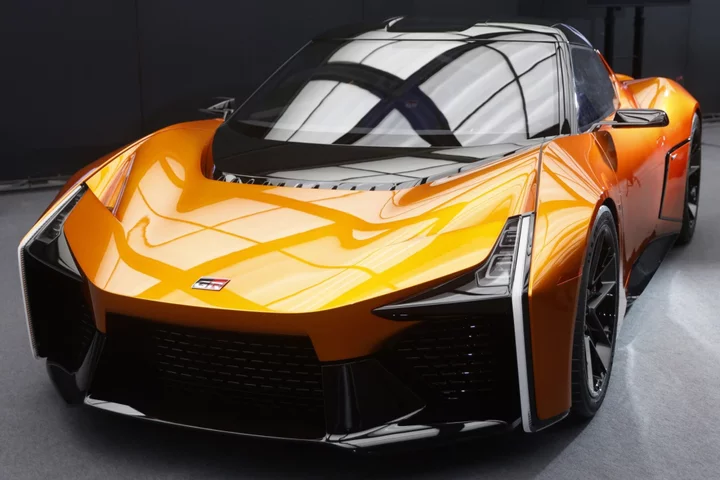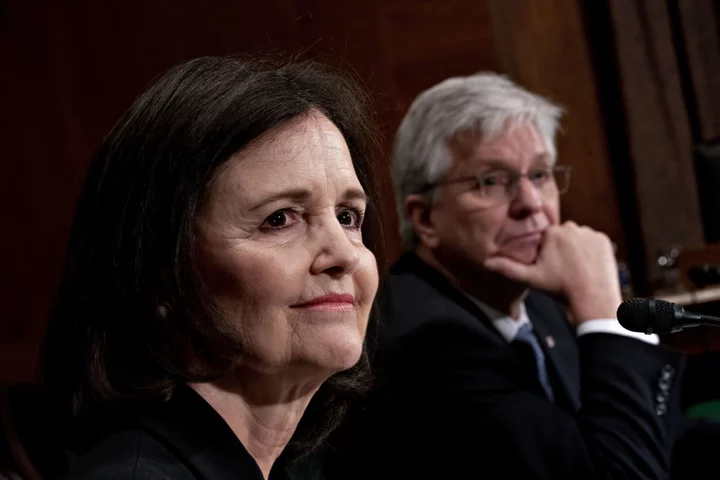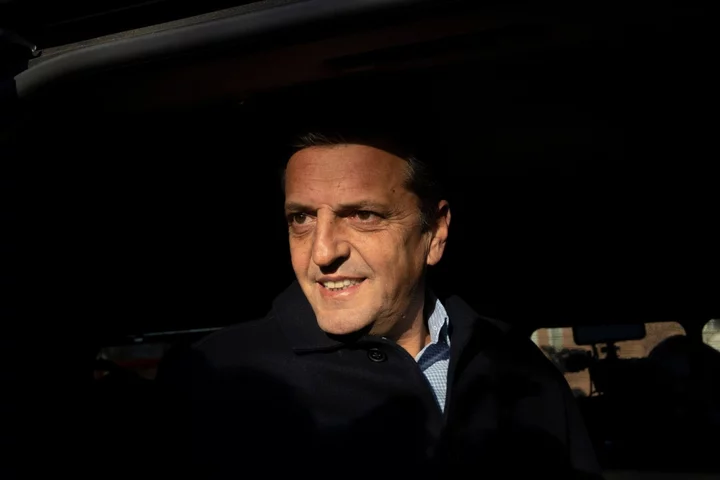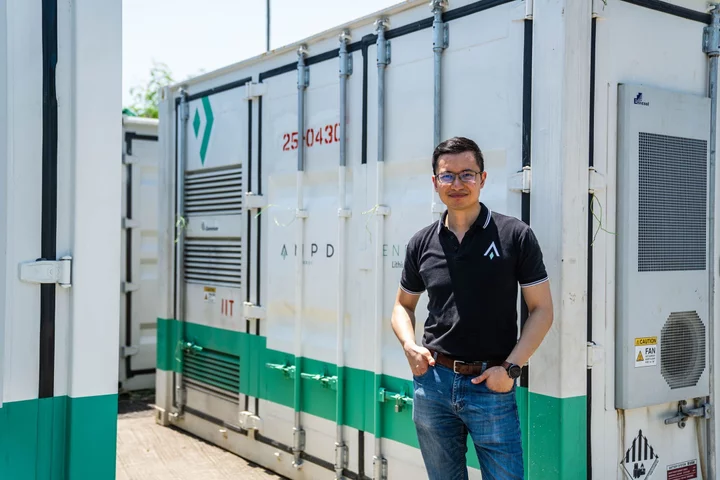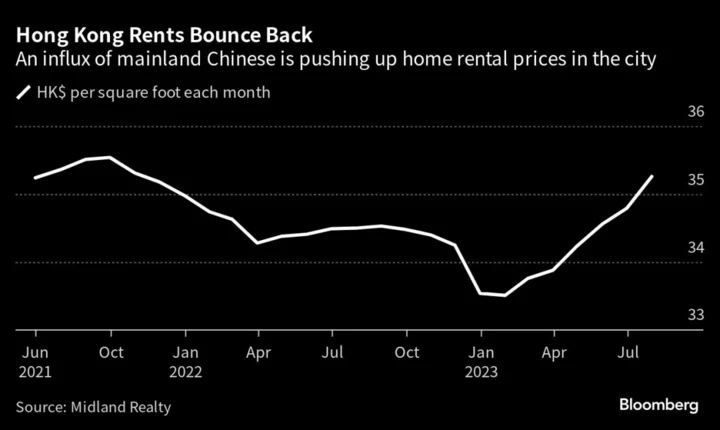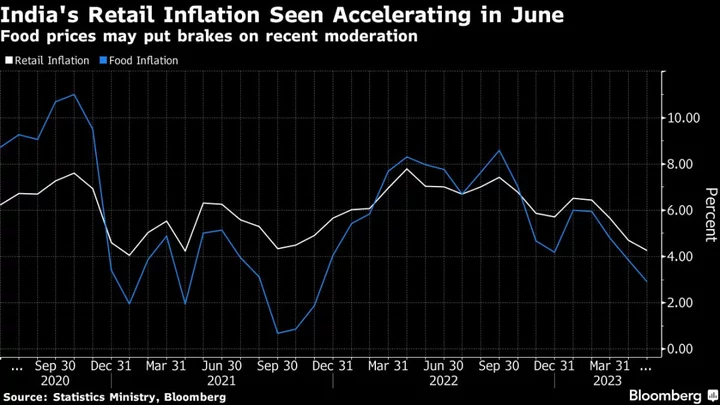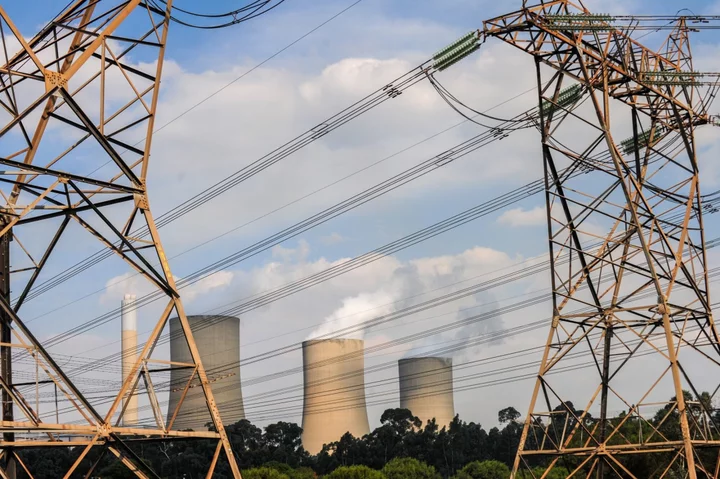Japan’s carmakers are staging their first motor show in four years to make the case they’ll remain major forces to be reckoned with in the electric-vehicle age.
The rebadged Japan Mobility Show will be counter-programming of sorts to worrisome trends: the host country may well lose its position as the world’s top car exporter to China, and third-largest economy to Germany this year. With their domestic market shrinking and parts of Europe and the US rapidly embracing EVs, Toyota Motor Corp., Honda Motor Co. and their peers are under escalating pressure to transition from internal combustion engines.
Toyota Kicks Off With Focus on Battery-Based Cars (8:50 a.m.)
Toyota CEO Koji Sato kicked off the show at a jam-packed news conference Wednesday with battery-based concept cars that he said would define the carmaker’s future.
Departing from speeches by his predecessor Akio Toyoda, Sato focused exclusively on EVs during his 15 minutes onstage and didn’t get into Toyota’s more nuanced, and sometimes misunderstood, view that hybrid powertrains and other technologies such as hydrogen will also help it move toward a carbon-neutral future.
“They aren’t just eco-friendly, they also offer driving pleasure, and they can also offer diverse experiences,” Sato said. Different customers will have different needs, and Toyota will offer something for everyone, he said.
Concept Cars Point Way to Toyota’s EV Future (8:45 a.m.)
Crowds of journalists from around the world packed into Toyota’s booth to watch Sato unveil several EV concepts, including a sports car and an SUV, as well as a modular pickup truck and minivan.
“This is the future that awaits us,” Sato told reporters.
The FT-Se and FT-3e provided a glimpse of the fully electric line-up Toyota will roll out in 2026, while the IMV 0 and Kayoibako offered options that can be personalized based on owners’ needs. These EVs will use Toyota’s forthcoming in-house software, Arene, which Sato said would let drivers order food and access entertainment.

